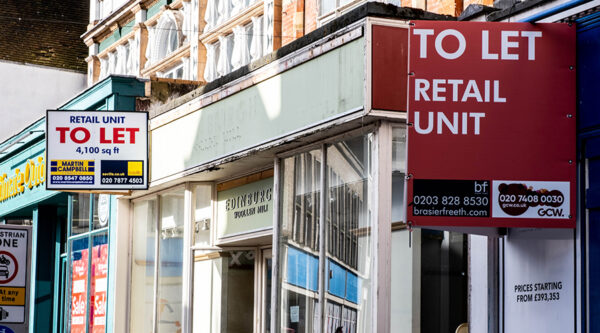

When you are about to enter into a construction contract, selecting an ANB may well be at the bottom of your list of priorities, and, of course, you will probably not want to be thinking about the possibility of getting into a dispute and going to adjudication.
Whilst that is a natural instinct and one should always try to avoid formal dispute resolution procedures, experience shows that on a significant number of projects, disputes will arise which require a decision from an independent third party such as an adjudicator.
Therefore, do give some thought as to which ANB is selected. Some of the factors to consider are as follows:-
1. The technical quality of adjudicators on the ANB’s panel of adjudicators
Unfortunately, it is not that uncommon to hear parties complaining about the quality of the decision they receive in an adjudication. This may not be just “sour grapes” because one may accept one can lose a case, but it is frustrating if the adjudicator has reached the decision for the wrong reasons, or has not explained his/her decision very well.
2. The variety of disciplines on the ANB panel
A variety of disputes can arise on any construction project and these can require the skill sets of different types of adjudicators. For example, valuation disputes are well suited to quantity surveyors, issues relating to the interpretation of contracts are well suited to lawyers, delay events to a planner/programmer and design issues to an architect or engineer.
Therefore it is sensible to choose an ANB which has adjudicators who cover a variety of disciplines – and indeed some adjudicators may be multi-disciplinary themselves, e.g. dual-qualified quantity surveyors and solicitors.
3. The integrity of adjudicators
Some recent surveys indicate that some parties are concerned that adjudicators may be biased or at the very least have a relationship with one of the parties or their advisors. Therefore it is important that the ANB has strict requirements in terms of declaring any actual or potential conflicts of interest.
4. Diversity
Fourthly, there is an increasing emphasis on ANBs’ panels of adjudicators having not only diversity of discipline, but diversity in terms of gender and ethnicity. Somewhat surprisingly, many ANBs do not even publish which adjudicators are on their panel, but research suggests that there are very few women adjudicators and even fewer from ethnic minority backgrounds.
Efforts are being made to address this and a number of ANBs have signed the equal representation pledge with the aim of increasing the diversity of their panels over the forthcoming years. However, a number of ANBs still do not publish who is on their panel and therefore it is difficult to know whether this is just “window dressing”.
A number of employers and other parties to construction contracts are committed to improving the diversity of the construction industry generally, and one step on this road may be choosing an ANB which is genuinely committed to improving diversity.
5. Fees
Finally, the costs of adjudication has become an increasing concern, not only just in terms of the parties’ representatives’ costs, but the fees charged by adjudicators. Therefore you should ask whether the ANB has any policy in that regard.
Over recent years I have been privileged to be a committee member of the Technology and Construction Solicitors Association (TECSA) which is a voluntary not-for-profit organisation acting, amongst other things, as an ANB. I have been impressed how it has sought to address these issues and taking them in reverse order :-
Costs
TECSA has a daily limit on the amount which adjudicators can charge and also offers a low value dispute (LVD) scheme. Under the scheme – for cases up to £100,000 in value – the amount which adjudicators can charge is strictly limited for the whole adjudication.
Diversity
TECSA has signed the ‘equal representation in adjudication pledge’ put forward by the Adjudication Society and has always published a list of those on its panel of adjudicators. It is also taking steps to make its panel more diverse.
Disciplines and integrity
TECSA has adjudicators of a variety of disciplines from quantity surveyors, programmers/planners, engineers, architects and lawyers including not only practising solicitors and barristers but also two retired judges including one from the Court of Appeal.
Before accepting any nomination, adjudicators are required to confirm they will abide by an undertaking which incudes an obligation to disclose actual or potential conflicts of interest.
Quality
Adjudicators on TECSA’s panel are required to submit CPD returns every year and they are assessed regularly to check for their competence.
Therefore, the next time you are filling in a contract, do give consideration as to which ANB to choose as it could save you a lot of money in the event that you get into a dispute and you may also be doing your bit to improve the diversity of the adjudication profession.










